In 1920 a group of young people in Florence, including the brothers Carlo and Nello Rosselli, Ernesto Rossi and Piero Calamandrei, inspired by the teachings of their history professor, Gaetano Salvemini, formed the Circolo di Cultura, dedicated to open and democratic debate in culture and politics.
After the assassination of the leader of the Socialist Party (PSU), Giacomo Matteotti, on 9 June 1924, a group of the Circolo’s members, led by Carlo Rosselli and Gaetano Salvemini, decided to join the Socialist Party. A smaller group, with Nello Rosselli, joined Giovanni Amendola’s Unione Democratica.
On New Year’s Eve 1924 the Circolo di Cultura in Borgo Santi Apostoli, was vandalised by fascist militants and the books and furniture were burnt in the nearby Piazza Santa Trinità. A few days later the Circolo was closed down by the public authorities.
Carlo and Nello Rosselli became actively involved in the Italian antifascist movement. Carlo escaped from Italy and went into exile in Paris, where he established a new movement, Giustizia e Libertà and published his theoretical book Socialisme Libéral.
In 1936 Carlo fought in the Spanish Civil War and helped organise an Italian military contingent in support of Republican forces. The Rosselli brothers were assassinated on 9 June 1937 in Bagnoles-de-l’Orne, Lower Normandy, by a French fascist organization (the Cagoule), on behalf of the Fascist government of Italy.
Immediately after the Liberation of Florence in September 1944, and on the initiative of the Florentine section of the Partito d’Azione (PdA), the Circolo was reconstituted by its surviving members and renamed the Circolo di Cultura Politica Fratelli Rosselli. Its first postwar conference was presented by Piero Calamandrei in 1944 and the Circolo has remained active ever since.
On 28 July 1990 the Fondazione Circolo Fratelli Rosselli was decreed a foundation by the President of the Italian Republic. The Fondazione publishes a quarterly journal, Quaderni del Circolo Rosselli, which presents the proceedings of its conferences and other events (Pisa: Pacini).



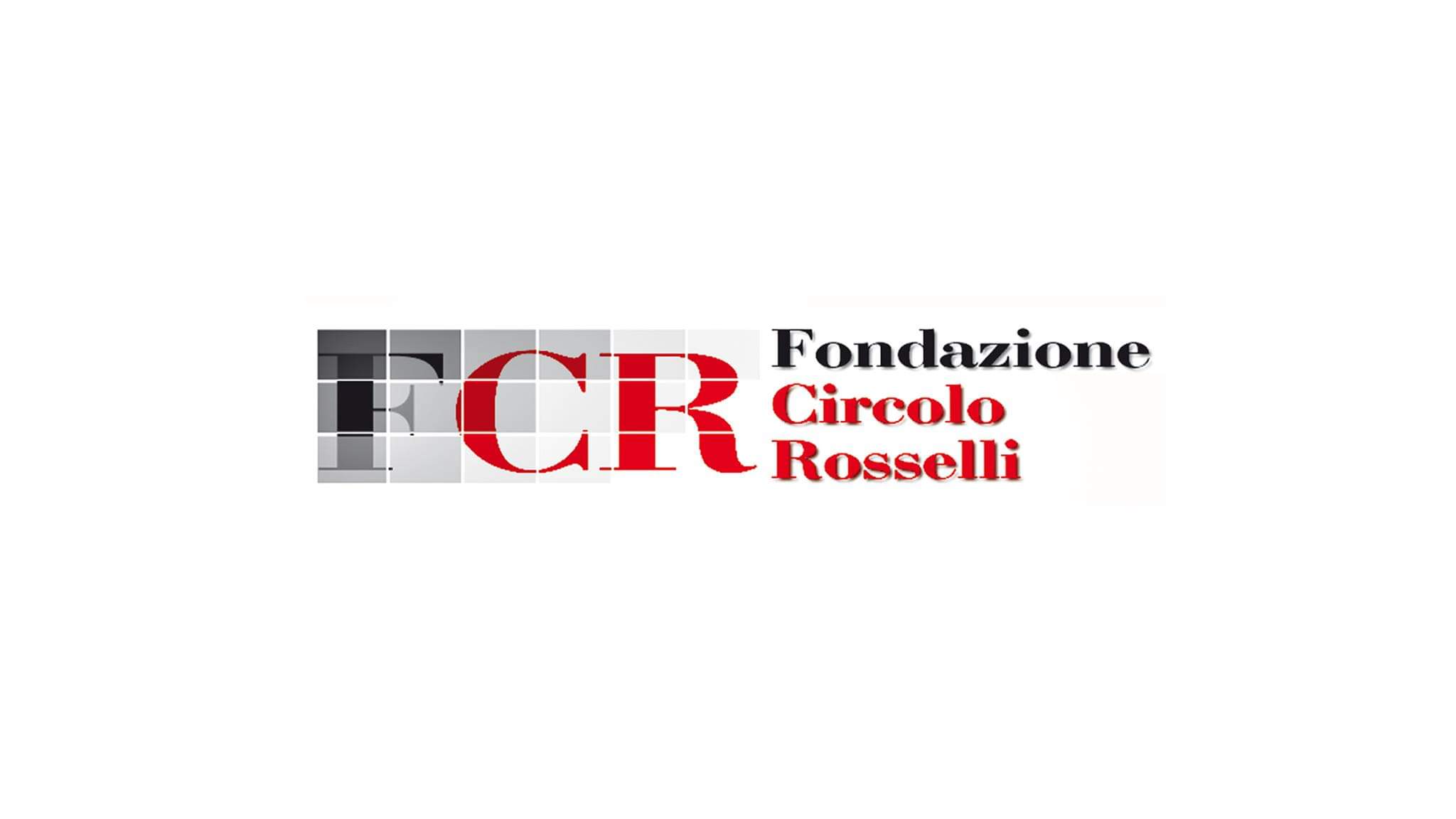
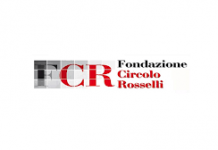
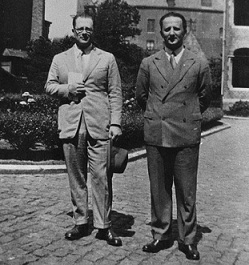
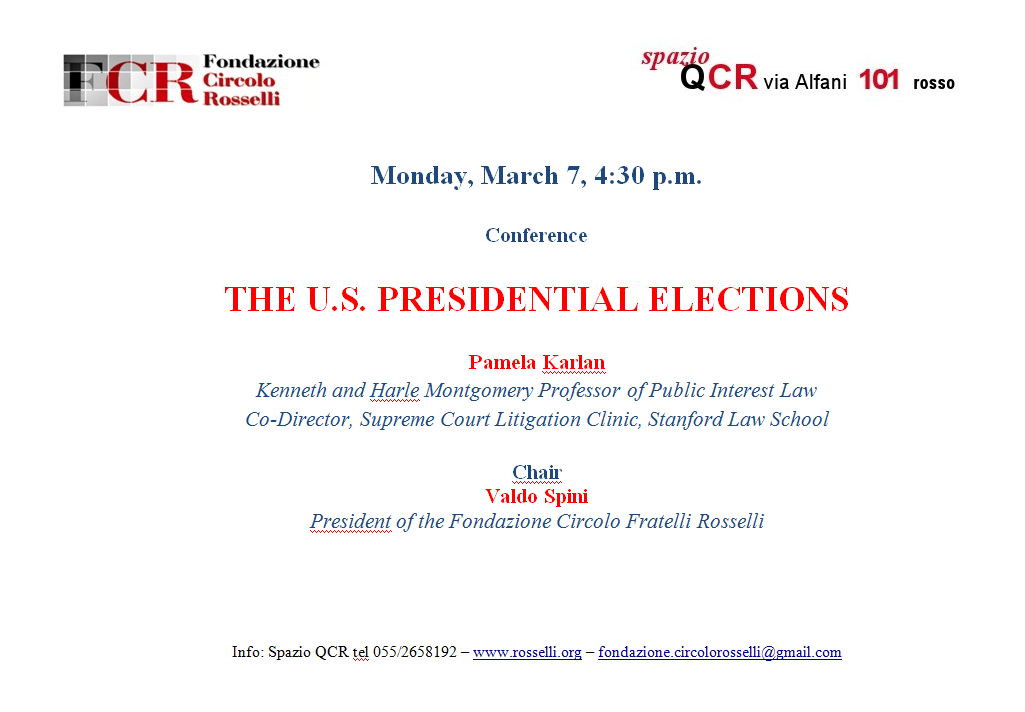




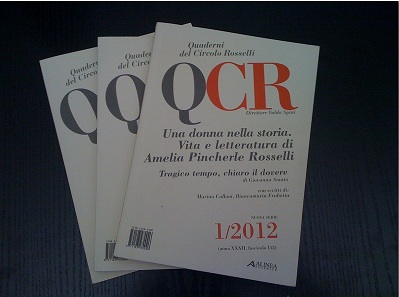

Why users still use to read news papers when in this technological globe the whole thing is
presented on net?